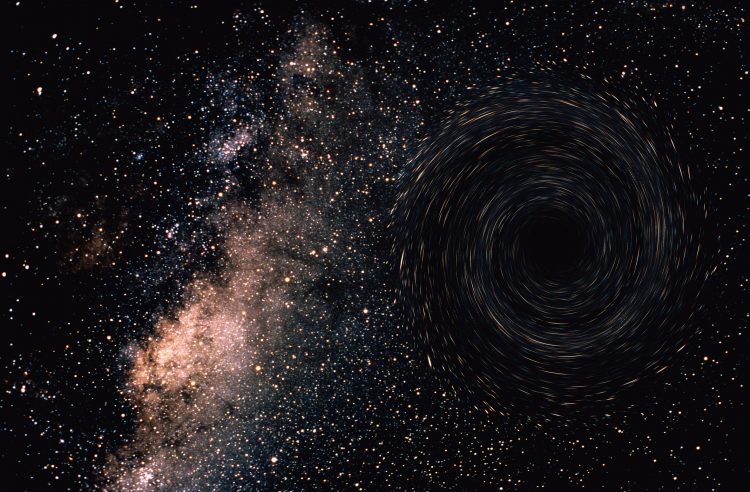Photo: Chris Walsh (Getty Images)
Do you ever wish you could simply wipe the slate clean, forget about all the bad things in your past, and continue with your life as a new, unburdened human being? Well, according to a new theory crafted at the Berkley University, you might be able to do it. All you need to do is find some rather specific black holes in the universe and enter them. If you manage to survive this undertaking, your past will successfully be erased but that’s not all — you also get to live out infinite futures! It sounds more like an acid trip than a scientific theory, right? Bear with us, we’ll try to explain.

There is still so much we don’t know about black holes and one of the main reasons for it is that they seem to devour everything in their path so no one can come back to tell the tale. Despite that, scientists have managed to come to certain conclusions through observations, calculations and other stuff you don’t really care about. Let’s explain some basics first.
Black Holes
What are black holes? They’re celestial objects whose mass is so compact that its gravitational force actually bends space (and possibly time). Just so we’re clear — in spite of the name, these are not actual holes in the universe. They simply appear that way because their attracting force can swallow any matter, light, and even radiation. Black holes form when massive stars explode at the end of their lives.

OK, we can already hear you say, “That’s cool and all, but how are these black holes going to help me forget my backstabbing ex or wipe away my menacing student loan?” Well, inside these black holes there’s something called the “Cauchy Horizon” (something like event horizon but not the movie) — a boundary that keeps the laws of the universe as we know it separate from the perplexing, mind-blowing, light-swallowing stomach of the hole. If you manage to pass that point and somehow survive, you will not only be free from all your past transgressions, but will also get to live out the infinite number of futures. Sounds good, right?

Although you’ve already packed your bags and decided it’s your life’s mission to visit these Reissner-Nordström-de Sitter black holes (it’s a mouthful so don’t even try to pronounce it), you might want to wait a few more years for the scientists to figure out how to actually get you there. Maybe you should start paying off that debt just in case?






